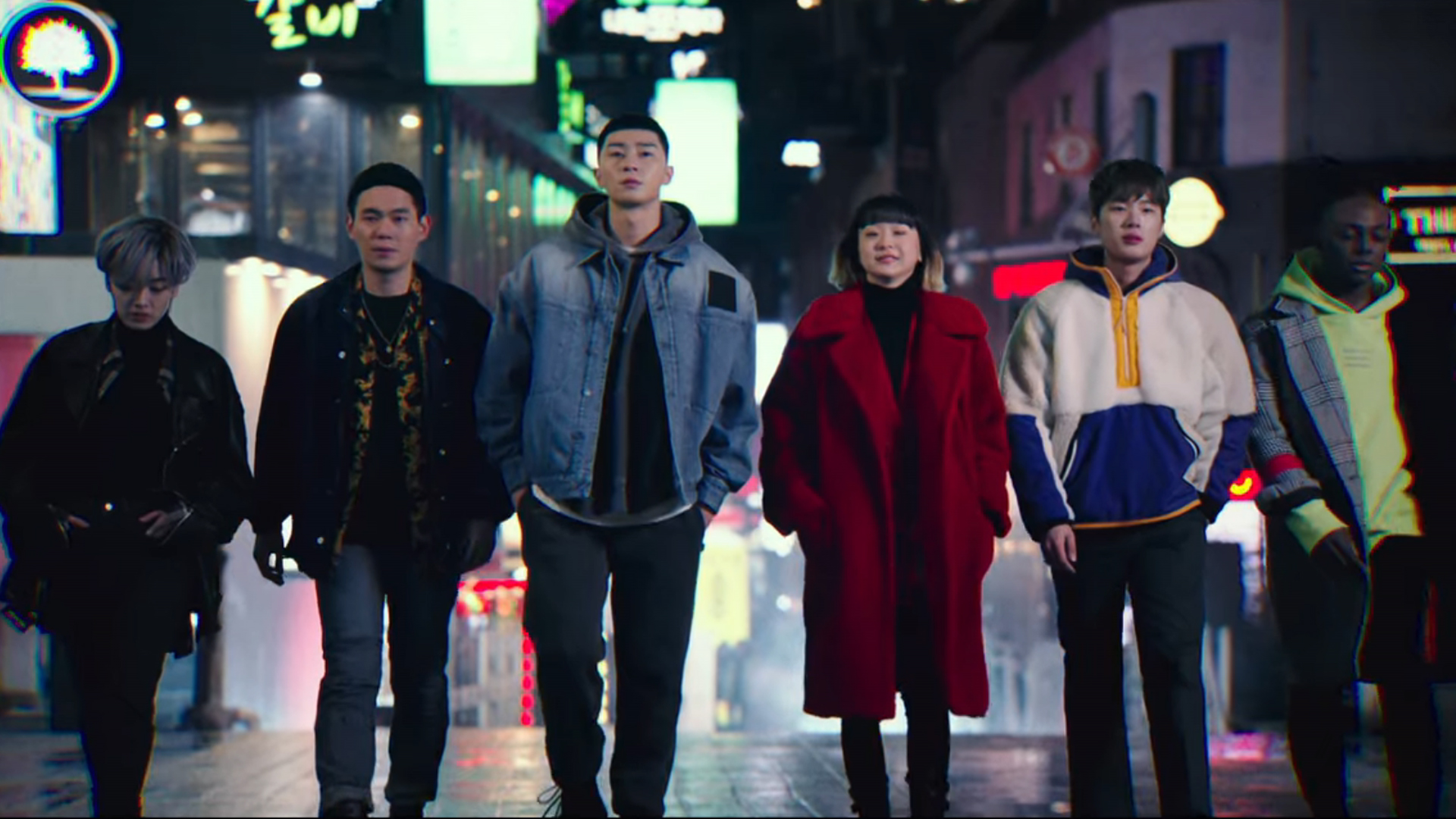
TYPE OF REVIEW ![]() : GOOD OL’ REVIEW
: GOOD OL’ REVIEW
Moderate spoilers.

I know I may be the minority when I say this. But Itaewon Class is a disappointment.
The webtoon adaptation may have captivated audiences around the world in a similar fashion to another recent Korean drama. But unlike that one, I am not too sure why here.
Itaewon Class, aside from not being sure what it truly wanted to be, took some typical soapy Korean drama tropes, added a lot of alcohol, threw in some random “woke” sprinkles and it is somehow one of the best of all time. At the very least, one of the best in recent memory.
But I couldn’t disagree more.
Itaewon Class was a plot-driven series that did a disservice to its characters who existed merely to prop up a flimsy-to-begin-with plot.
Itaewon Class seemed unable to decide if it was a revenge drama or romcom. If it was about maintaining your princples and integrity or reaching your dreams.
Bullying? Mental health? Racism? Discrimination? LGBT rights? Name a social buzzword and they threw that in too.
And while a series can certainly be capable of dealing with all of it in a meaningful way, Itaewon Class used most of those things only as stepping stones to get to the end by whatever means necessary.
The flashy exteriors of Itaewon itself decorated the superficial story. The show being perceived as “edgy” served as a shallow facade to excuse the obvious lack of depth.
Revenge stories are ripe for great soapy drama and savory victories. But Itaewon Class was less an ensemble of engaging characters and more a checklist of plot point after plot point. The characters getting twisted every which way possible to serve up the next.
After an interesting start, Itaewon Class quickly felt like a lesser version of certified National Drama Baker King Kim Tak Goo. A humble, but principled young man seeking justice for his family against evil rich people. Itaewon Class even had several episodes devoted to a food competition (not baking though) and a battle over company stocks and leadership. There’s even illegitimate children, daddy issues and brother issues.
But the difference is with all of Baker King Kim Tak Goo‘s heavy drama makjang-ness, it gave as much importance to its characters as it did to its soapy tropes. Each of Itaewon Class‘s main characters has a Baker King parallel. And when looking at them side-by-side, it only makes it that much more obvious how underdeveloped and underserved the Itaewon gang truly was.
It isn’t about likability. (Though there’s certainly plenty to discuss there.) Good, well-developed characters don’t have to be likable. It’s really about depth and sincerity.
Toni’s mixed ethnicity or Hyun-yi’s gender identity, for example, weren’t deep discussions about racism or gender issues in Korea. They were plot devices to get Toni’s grandmother to invest in the pub and to make the several-episodes-long cooking competition have a dramatic ending.
The series opened with Yi-seo in a therapy session, but her mental health was only discussed in a throw away line in one scene and a half-hearted exposition in another. That throw away line ended up being a defense used by ardent fans for questionable behavior by her throughout the series.
Revealed in this final episode, Soo-ah suffering alone as a salaryman in order to play spy and help Saeroyi achieve his goal was predictable, but so poorly developed the character came across as a robotic bitch with no redeeming qualities. (At least she won Park Bo Gum in the end.)
Geun-soo outing a transgender woman to the entire country or Geun-won turning into a cartoon, moustache-twirling villain. All of this was character whiplash just to serve the plot.
Again, this wasn’t a character driven series. Any possible progress in character development and inter-personal relationships were negated in order to support one surprisingly overused drama trope after another.
Perhaps the only strongest pieces of the series were the father-son relationships between Saeroyi and his father and the fleeting moments of vulnerability for Geun-won and Geun-soo vs. old man Jangga in the first few episodes.
Son Hyun Joo and Park Seo Joon were absolutely excellent as father and son. And it is their relationship that carries the most, if not the only truly sincere and emotional connection in the entire series.
The two of them led a potentially strong cast. But when the material just isn’t there, that strong cast is wasted.
Ahn Bo Hyun as Geun-won might have been the most short-changed. Instead of exploring the character’s pain and vulnerability (as they seemed to telegraph early in the series) in contrast to his obviously villanous ways (like, for example, Majun in Baker King), the series again merely used his character for a finale kidnapping plot that would make Filipino soap opera writers proud.
Itaewon Class, at its most basic, should have focused on Saeroyi’s quest for justice and revenge and in the process his learning that his happiness lie in friends and family and the connections he has made through that same period of time. Through that journey, each of the people he meets and gets to know play a part in that realization.
In the finale, Saeroyi mentions being perceived as a “pushover.” Indeed, most everyone was pushed around in order to make what little plot there actually was. And that’s ultimately the biggest disappointment here.
The wasting of characters, lack of emotional connection and its contrived plot devices keep Itaweon Class from being a truly good series.
Share:
Related posts ..
2 thoughts on “Good Ol’ Review: Characters Wasted in Itaewon Class‘ Plot-driven Mess”
Share your thoughts!Cancel reply
This site uses Akismet to reduce spam. Learn how your comment data is processed.

This drama was shit. Ahn Bo Hyun was the only good thing about it.
Facts!